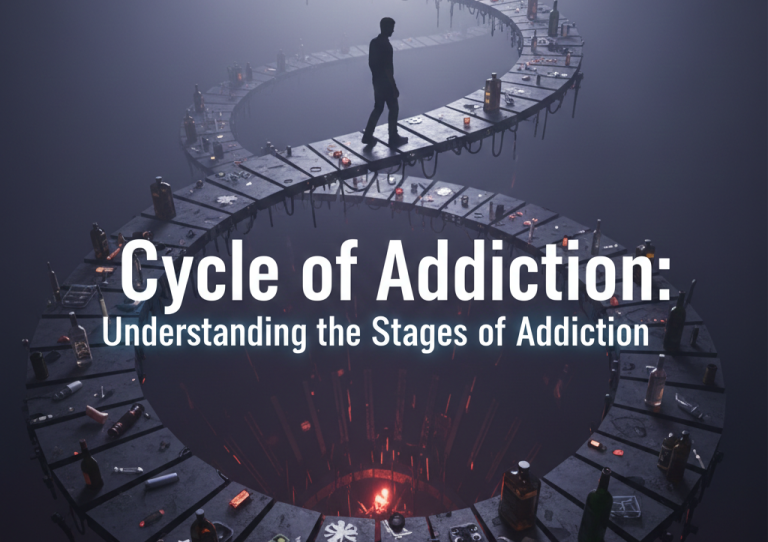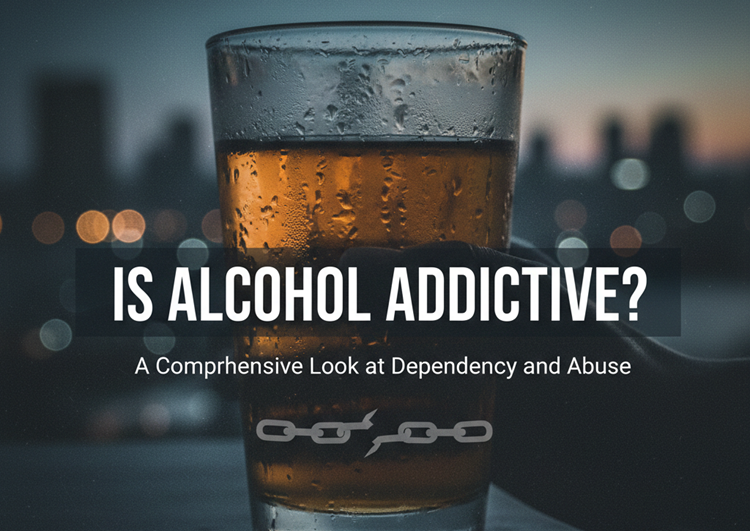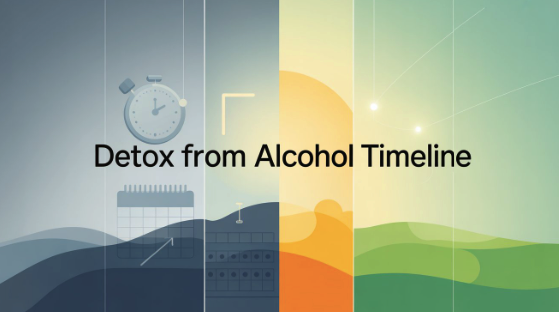Have you sometimes done something impulsively, perhaps overspent your money, lost your temper, or made some risk-taking choice, and afterwards you questioned, Why did I do that? At that time, an impulsive personality might just feel and sound random or even harmless, although it becomes a problem when it occurs on a regular basis or when it causes consequences that are bad. In this case, it may indicate a mental health issue.
What is impulsivity?
Being impulsive means doing an action abruptly without reflection. It is not merely being spontaneous; it can be related to the inability to restrain emotions and behaviors, which can affect interpersonal relationships, work, and well-being.
Impulsive times occur to everyone, mostly when a person is undergoing high stress or is in an emotionally charged event. However, in the case of impulsivity being a habit, it may be connected with psychological problems that require handling.
Common Mental Health Conditions Linked to Impulsive Behavior
Several mental conditions have impulsivity as a symptom. Being able to realize these associations can aid you in realizing how you behave and what kind of support you should seek:
1. Attention-Deficit/Hyperactivity Disorder (ADHD)
ADHD is famous for causing impulsive behavior. Adults with ADHD can also be disruptive and interrupt people, decide in volcanic moments of heat, or not manage time well. These actions cannot be accounted for as mere bad habits but involve neurological patterns.
2. Bipolar Disorder
The bipolar condition does involve manic or hypomanic episodes in which individuals might indulge in high-risk activities, such as spending sprees, unsafe sex, and substance use, without considering the consequences. The mood or energy levels in impulsivity here are usually heightened.
3. Borderline Personality Disorder (BPD)
One of the symptoms of BPD is a tendency to be impulsive. In a bid to deal with distress, individuals might have severe mood tendencies and take part in self-damaging, impulsive, and emotive behaviors.
4. Substance Use Disorders
Drugs and alcohol affect decisions, which will add meaning to impulsive behaviors. Nevertheless, even in the context of substance-related addiction, the process itself occurs through a loop of impulse and reward.
5. Impulse-Control Disorders
These are conditions such as intermittent explosive disorder or kleptomania, when a person has difficulties resisting his/her desire, even when they are aware of the damage.
How Impulsivity Impacts Daily Life
Improper impulsive behavior may have a great variety of consequences:
- Strained relationships
- Financial troubles
- Legal issues
- Health risks
- Feelings of guilt and shame or low self-esteem
It is not just a matter of being careless; the inability to control impulsivity is often a sign of greater emotional dysregulation or past trauma.
What Causes Impulsivity?
A complex of biological, psychological, and environmental factors may lead to impulsivity:
- Difference in brain chemistry or structures
- Neglect or childhood trauma
- Chronic stress
- Mental health disorders that occur simultaneously
Frequently, individuals self-medicate and engage in the behavior to subdue unpleasant feelings or experience temporary self-efficacy or thrill. These urges may be so strong without healthy coping strategies.
Getting Help for Impulsive Behavior
You should know that you should not cope with impulsive behavior by yourself when it is affecting your life or you think that it is related to mental health conditions. The analysis of the etiology of impulsivity can be achieved with the help of professional mental health analysis and can lead to the following productive possibilities:
- Cognitive Behavioral Therapy (CBT) is a treatment to reprocess thinking patterns
- Dialectical Behavior Therapy (DBT) in enhancing emotion control
- Treatment medication to help treat the underlying condition, e.g., ADHD or bipolar disorder
- Group and individual therapy in establishing healthy coping skills
Take Control of Your Impulses and Reclaim Your Life
The first step towards recovery is to understand that impulsivity is one of the symptoms of a mental disorder. No matter whether you experience impulsive buying, emotional breakdowns, or reckless activities, you can get warm and professional assistance.

Not in a good mood because you are impulsive most of the time? Perhaps it is high time to look deeper. At Orlando Treatment Solutions, we offer individual mental health treatment that treats the real cause of impulsive behavior. Contact us at (321) 415-3213 today to start the process of having balance and clarity.



























